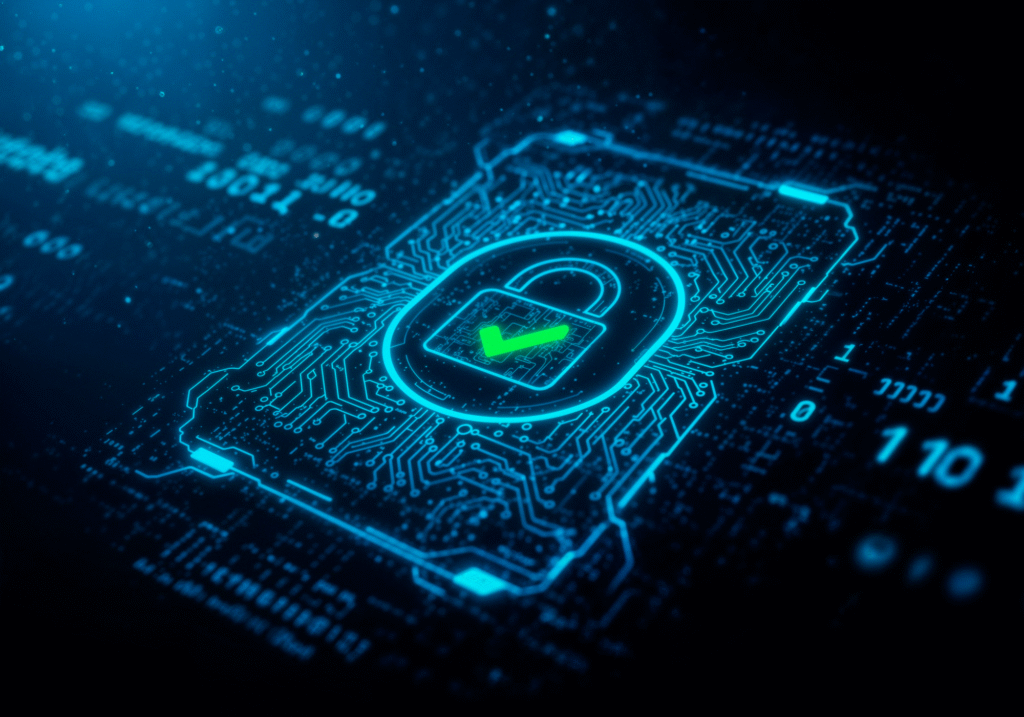Cyber Security SEO Guide to Rank Higher
In today’s digital era, having a website is not enough. Ensuring that it ranks high in search engines while remaining secure is equally critical. This is where Cyber Security SEO comes into play. Combining the principles of search engine optimization (SEO) with robust cybersecurity practices, Cyber Security SEO ensures your website not only reaches the top of search results but also maintains the trust and safety of its users.
Why Cyber Security SEO Matters
Websites are constantly at risk from cyber threats, ranging from malware attacks to data breaches. Google and other search engines are increasingly prioritizing secure websites in their ranking algorithms. Sites that use HTTPS, maintain secure coding practices, and protect user data are more likely to earn trust signals, which contribute to higher search rankings.
Incorporating Cyber Security SEO into your digital strategy ensures that your website is not only optimized for search engines but also safeguarded against potential threats. This dual focus can boost your online visibility, improve user engagement, and protect your site’s reputation.
Core Components of Cyber Security SEO
To effectively implement Cyber Security SEO, you need to focus on several key areas:
Secure Website Protocols (HTTPS)
The first step toward a strong Cyber Security SEO strategy is ensuring your website uses HTTPS. Not only does this encrypt the data exchanged between your site and visitors, but Google also considers HTTPS as a ranking factor. A secure site signals credibility and helps prevent attacks like man-in-the-middle attacks that could compromise your visitors’ data.
Strong Passwords and Authentication
Websites with weak authentication measures are vulnerable to hacking, which can harm both your SEO and your brand reputation. Enforce strong password policies and implement multi-factor authentication for all accounts connected to your website. These security measures are a fundamental aspect of Cyber Security SEO.
Regular Security Audits
Frequent security audits help identify vulnerabilities before they are exploited. Scan for malware, check for outdated software, and ensure all plugins and scripts are updated. A secure website that is regularly audited provides better performance and stability, both of which are valued by search engines.
Website Performance Optimization
Cyber Security SEO isn’t only about protecting your site it also improves its performance. A secure site often experiences fewer interruptions due to malware or attacks, leading to faster load times. Page speed is a well-known SEO ranking factor, and optimizing your site’s security indirectly enhances its speed and usability.
Safe User Experience
Providing a secure browsing experience is crucial for SEO. Warning messages about malware or unsafe sites can drive visitors away, increasing bounce rates. By integrating Cyber Security SEO practices, such as regular vulnerability checks and SSL certificates, you create a safe environment that encourages longer engagement and repeat visits.
Integrating SEO Best Practices with Cyber Security
While security is essential, the SEO side of Cyber Security SEO focuses on content, keywords, and technical optimization:
Keyword Optimization: Incorporate relevant keywords naturally in titles, headers, meta descriptions, and throughout your content. For example, the keyword “Cyber Security SEO” should appear in your headings, subheadings, and body text in a way that feels organic.
High-Quality Content: Create informative, authoritative, and engaging content that addresses your audience’s questions. Google favors websites that provide value and demonstrate expertise.
Mobile Optimization: Ensure your website is mobile-friendly. Google’s mobile-first indexing gives preference to websites that perform well on smartphones and tablets.
Structured Data & Schema Markup: Using schema markup helps search engines understand your content better, enhancing your chances of appearing in rich snippets and featured results.
Common Cyber Security SEO Mistakes to Avoid
Even the most experienced webmasters can make mistakes that harm both SEO and security. Avoid these common pitfalls:
Ignoring SSL Certificates: Not securing your website with HTTPS can negatively impact both SEO rankings and user trust.
Using Outdated Plugins: Old plugins often have vulnerabilities that can be exploited, risking your website’s security and stability.
Neglecting Backups: Without regular backups, recovering from a cyberattack or site failure becomes significantly harder.
Keyword Stuffing: Overusing keywords like “Cyber Security SEO” can lead to search engine penalties. Always prioritize natural, readable content.
 Measuring the Impact of Cyber Security SEO
Measuring the Impact of Cyber Security SEO
To understand how well your Cyber Security SEO efforts are working, track these metrics:
Search Rankings: Monitor your rankings for key terms, especially “Cyber Security SEO.”
Organic Traffic: Observe changes in organic traffic to see if secure and optimized content is attracting more visitors.
Bounce Rate & Engagement: Secure, high-performing websites encourage visitors to stay longer, reducing bounce rates.
Security Reports: Keep track of malware scans, SSL certifications, and any security incidents to measure improvement.
Final Thoughts
Cyber Security SEO is no longer optional it’s a necessity for any website aiming for long-term success. By combining robust security practices with traditional SEO strategies, you can protect your website, build user trust, and improve search engine rankings.
Investing in Cyber Security SEO is an investment in both visibility and credibility. From HTTPS implementation and strong authentication to keyword-rich content and optimized performance, each element plays a vital role in helping your site rank higher while staying safe.
Share this content:














Post Comment